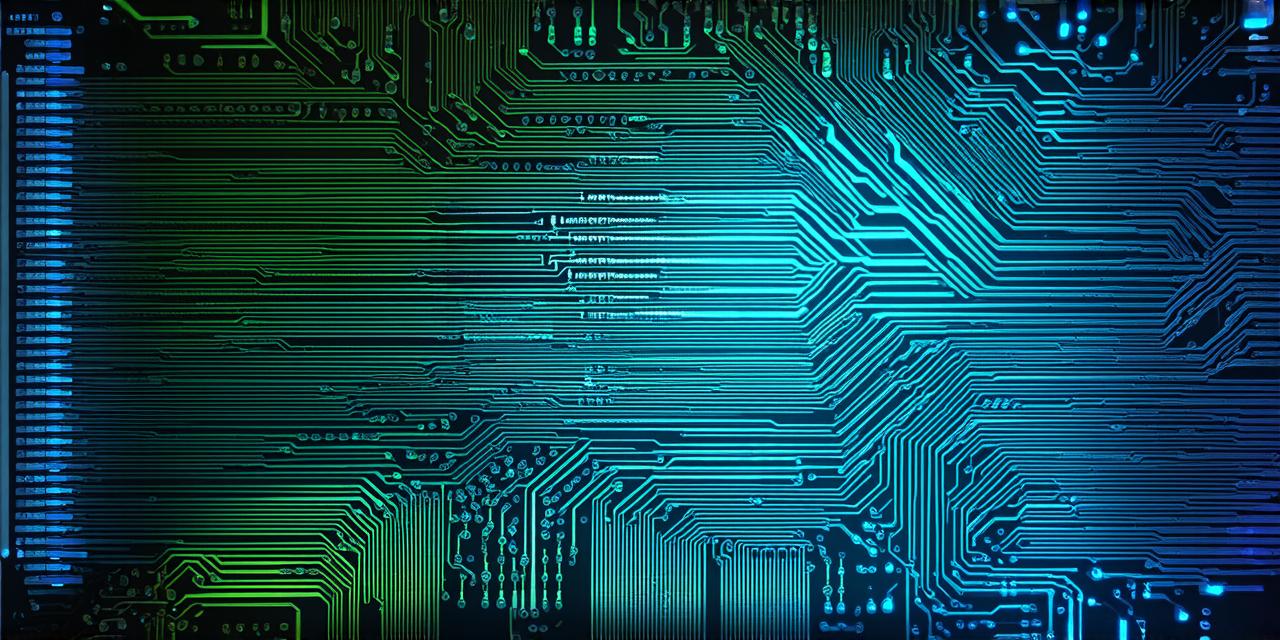Game development is a complex and multifaceted field, combining both art and science to create immersive and engaging experiences for players. At the heart of game development are the tools and technologies used by game developers to bring their vision to life. These tools are designed specifically for game creation, and they play a crucial role in streamlining the game development process and making it easier to create high-quality games.
In this article, we will explore the art and science of game development, focusing on game development software and its differences from regular software development. We will examine the creative and interactive aspects of game development, as well as the focus on performance and optimization that is inherent in game development.
Game Development Software: An Overview
Game development software refers to the tools and technologies used by game developers to create video games. These tools are designed specifically for game creation and are intended to make the process easier and more efficient. Game development software includes a wide range of features, such as physics engines, animation tools, sound editors, and more. These tools are not typically found in regular software development tools, which tend to be more general-purpose in nature.
One of the key differences between game development software and regular software development is the level of creativity required. Game development involves creating a fully immersive experience for the player, which requires a high degree of creativity and imagination. In contrast, regular software development is often focused on solving specific problems or meeting specific needs, which can be more straightforward.
Another key difference between game development software and regular software development is the level of interaction required. Games are designed to be interactive, with players able to control characters and objects within the game world. This requires a different set of tools and technologies than those used in regular software development, which often involves creating more static user interfaces.
Game development also typically includes features specifically designed for game creation, such as physics engines, animation tools, and sound editors. These tools are not typically found in regular software development tools, which tend to be more general-purpose in nature.
Case Studies in Game Development Software
One example of game development software in action is Unity, a popular game engine used by many professional game developers. Unity includes a wide range of tools and features specifically designed for game creation, including physics engines, animation tools, and sound editors. It also supports a variety of programming languages, making it easy to use for developers with different skill sets.
Another example of game development software is Unreal Engine, another popular game engine used in the industry. Unreal Engine includes advanced graphics rendering capabilities, as well as support for virtual reality and augmented reality technologies. It is also widely used in film and television production, allowing creators to bring their vision to life on the big screen.
Personal Experiences with Game Development Software
As a game developer myself, I have firsthand experience with the tools and technologies used in creating video games. One of the things that has struck me is how much more creative freedom game development software provides compared to regular software development. With game development software, we are able to create entire worlds and characters from scratch, giving us the freedom to let our imaginations run wild.
I have also been impressed by the level of interaction and engagement that game development software allows. Games are designed to be immersive experiences, with players able to control characters and objects within the game world. This requires a different set of tools and technologies than those used in regular software development, which often involves creating more static user interfaces.
Game development also typically includes features specifically designed for game creation, such as physics engines, animation tools, and sound editors. These tools are not typically found in regular software development tools, which tend to be more general-purpose in nature.
Frequently Asked Questions about Game Development
What tools and technologies are used in game development?
Game development software includes a wide range of tools and technologies specifically designed for game creation, such as physics engines, animation tools, sound editors, and more. These tools are not typically found in regular software development tools, which tend to be more general-purpose in nature.
Is there a similarity between game development software and regular software development?
While there are many differences between game development software and regular software development, both types of software require strong programming skills, attention to detail, and the ability to work collaboratively with others. In addition, both types of software involve creating products that must be appealing to users and meet their needs in order to be successful.
What is the focus on performance and optimization in game development?
The focus on performance and optimization in game development is inherent because games often require high levels of processing power and memory, so game developers must ensure that their games run smoothly and efficiently on a wide range of hardware configurations. This requires a deep understanding of computer systems and performance optimization techniques.
Conclusion
Game development is a complex and multifaceted field, combining both art and science to create immersive and engaging experiences for players. At the heart of game development are the tools and technologies used by game developers to bring their vision to life. These tools are designed specifically for game creation, and they play a crucial role in streamlining the game development process and making it easier to create high-quality games.
